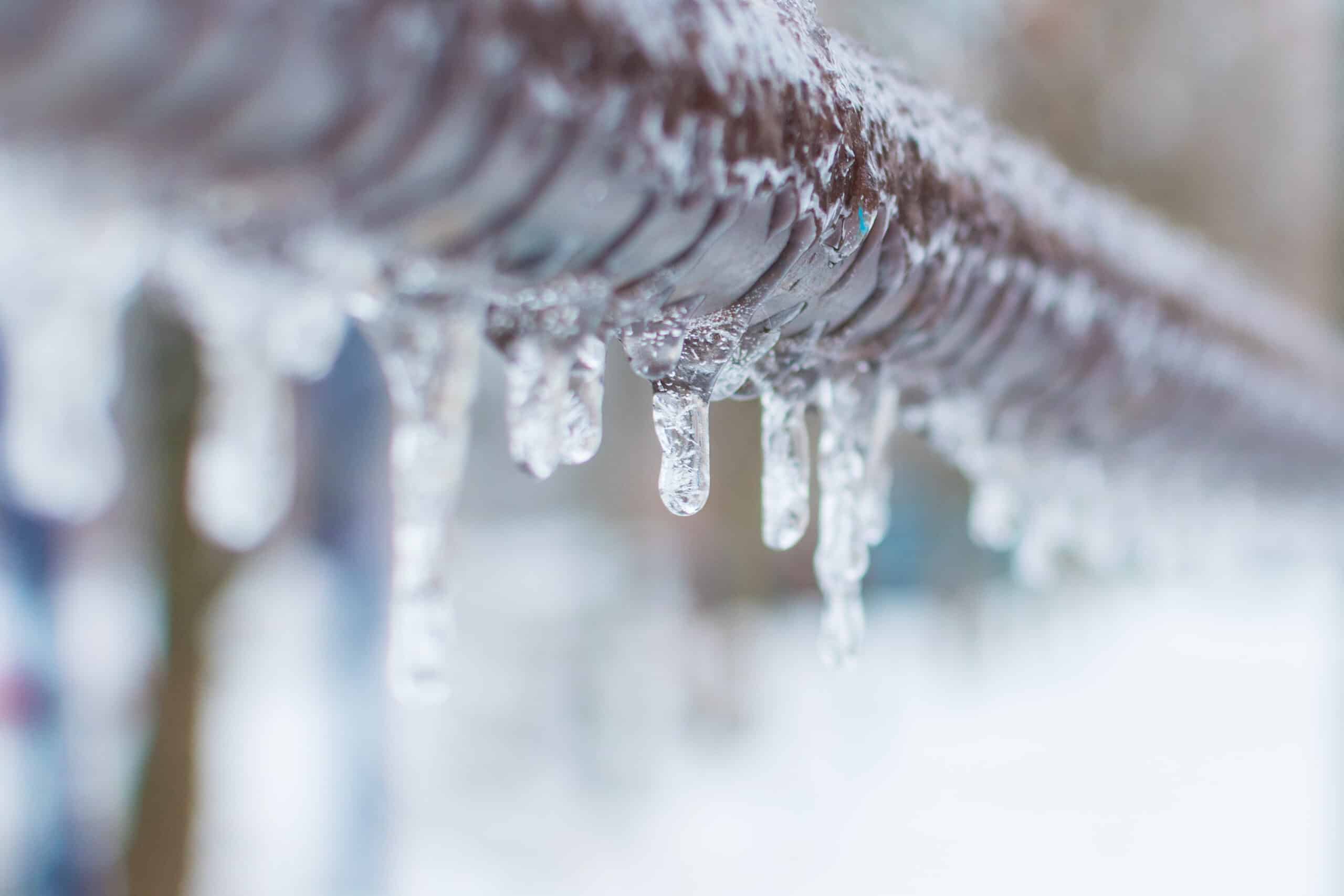If you’re lucky enough to call Savannah GA home, you know that the approach of winter doesn’t put as much fear into your heart as it would if you lived up north. But recent disruptions in weather patterns have started impacting the south.
As a result, Savannah’s historic average overnight temperature of 38-degrees in January could drop further, leaving you to deal with a clogged drain when you least expect it.
You have a choice. You can either fret about the possibility of winter temperature drops, or you can pre-plan your responses to make sure you don’t find yourself dealing with drain and pipe issues. Follow these 10 steps and you’ll be role models for your neighbors by taking precautionary measures.

Acknowledge freeze possibilities up front so you’re prepared for them by inspecting your pipes regularly. Contact your local plumbers to come out for an inspection so you can make sure the job is done right.
2. Recognize these common signs of a frozen water pipe: Change in water pressure, water discoloration, persistent leaks, unusually high-water bills and in extreme cases, strange noises.
3. Assess the condition of your pipes in vulnerable areas of your home like unfinished attics and basements where there is little to no insulation. Install insulating materials if it’s insufficient.
4. Grease or oil residue can contribute to freezing pipes and a clogged drain so don’t pour these liquids into the sink. Instead, use a container to collect these residues and put the container into the garbage.
5. Identify your home’s vent pipes. Ice buildup inside these pipes can lead to clogs, so take measures to increase the flow of fresh air into them to avoid trouble.
6. Recognize the likelihood of drainpipe clogs resulting from buildup of hair, soaps, and other grooming aids. If buildup is substantial and temperatures drop, these residues could stiffen and consolidate, making clogged drains more likely. Try pouring boiling water down the drains to dislodge this type of clog.
7. Don’t resort to a blowtorch or another risky tool if clogs develop. Instead, warm pipes with a hairdryer and/or towel wraps soaked in boiling water. Increase thawing chances by pouring boiling water down the drains.
8. Don’t discount the importance of consistently warm interior home heating. Creating an environment that discourages the buildup of ice in pipes may be one of the easiest ways to combat clogs caused by frozen pipes.
9. Keep tabs on your stop valves to make sure corrosion isn’t contributing to your winter plumbing dilemmas. Remedy the situation by having new valves installed.
10. Keep outdoor drain sites free of debris like leaves, twigs, and other refuse so they don’t start a chain reaction that begins the clogged drain cycle all over again.
There’s something about being prepared before winter strikes that helps home and business owners feel confident and ready for all eventualities. Don’t let living in the south convince you that you’re safe and don’t have to take precautions.
Contact a plumbing professional if you need help with a clogged drain!

